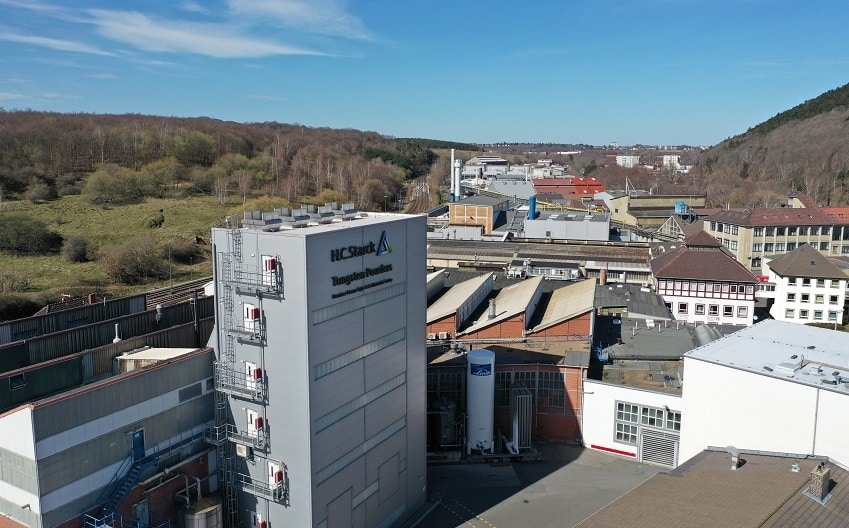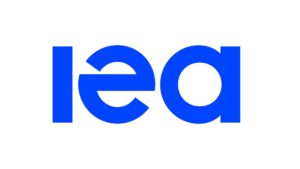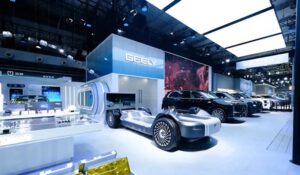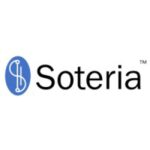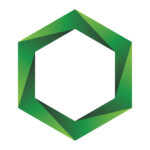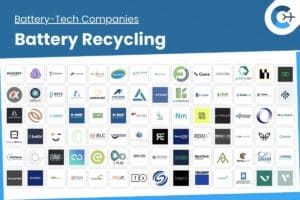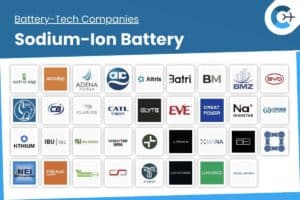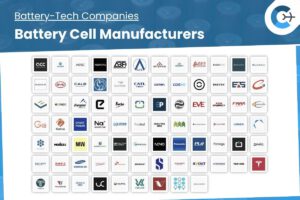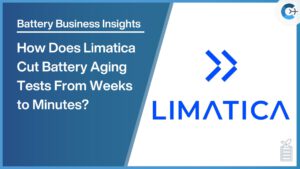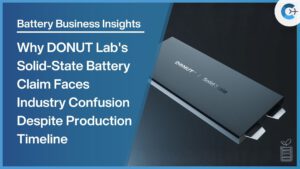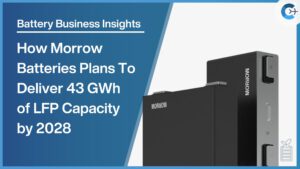Federal and state governments have committed over €60 million to support battery black mass recycling at H.C. Starck Tungsten’s facility in Goslar, Germany. Announced on April 2, 2025, the funding was confirmed by Lower Saxony’s Minister of Economics, Olaf Lies, representing the Federal Ministry of Economics, during the Hannover Messe trade fair.
The initiative focuses on H.C. Starck Tungsten’s innovative and highly efficient process for recovering valuable metals from black mass—crushed components of used lithium-ion batteries after the removal of their casings. The company has filed six patent applications for this technology, which offers a significantly higher raw material yield compared to established methods. Additionally, the process consumes fewer auxiliary materials and less energy, and it generates only one-tenth of the CO₂ emissions associated with the primary extraction of lithium, nickel, cobalt, and manganese.
To scale the process for industrial application, H.C. Starck Tungsten plans to construct a facility at Metallurgiepark Oker with an investment of approximately €340 million. This project is supported by its parent company, Mitsubishi Materials Corporation. Subject to the progression of the subsequent project phases as planned, construction is expected to commence in the first half of 2027. The facility aims to achieve an annual recycling capacity of around 20,000 tons of black mass, equivalent to the battery content of approximately 100,000 electric compact vehicles.
Funding for the project comprises 70% from the Federal Ministry for Economic Affairs and Climate Protection and 30% from the state of Lower Saxony. The financial support is allocated under the EU directive on the resilience and sustainability of the battery cell manufacturing ecosystem. The goal is to enhance production capacities along the battery value chain within Germany and the European Union, secure employment and value generation in Germany, and ultimately facilitate the climate-friendly mass production of sustainably produced battery cells in Europe.
Regionally, the funding aims to bolster Goslar as a center for innovation, economy, and production, mitigate the negative effects of structural changes, and promote the operation of particularly sustainable industrial facilities.
Dr. Hady Seyeda, CEO of H.C. Starck Tungsten, stated, “This comprehensive funding commitment marks an important step towards the industrial use of our innovative black mass recycling technology. We are very pleased that the federal and state governments are supporting the implementation of our concept in such a concrete way.”
Lower Saxony’s Minister of Economics, Olaf Lies, added, “Southern Lower Saxony and Goslar in particular have a good tradition in ore extraction and metal processing. The state of Lower Saxony has long been supporting the region in positioning itself internationally competitive in the field of recycling and optimizing the value chains in the recycling of lithium-ion batteries. The promotion of H.C. Starck Tungsten is a milestone for environmentally friendly recycling of black mass on an industrial scale and thus makes an important contribution to securing raw materials and securing industrial jobs.”
Source: H.C. Starck

